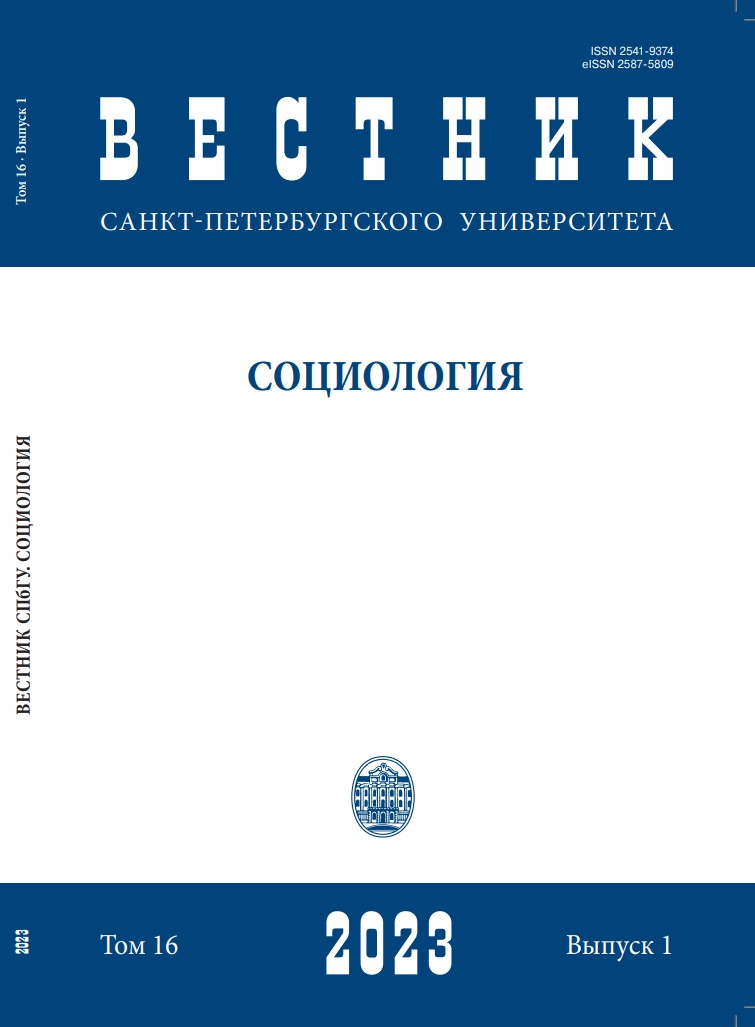Социальные эффекты неолиберальной политики в постсоветском Санкт-Петербурге: пересмотр концепций оспаривания городского пространства
DOI:
https://doi.org/10.21638/spbu12.2023.102Аннотация
Неолиберальная городская политика стала основой городского планирования и (ре-)девелопмента в постсоветском Санкт-Петербурге. Конкурирующие представления о том, как должно быть организовано городское пространство, заставляют жителей консолидироваться и выступать против решений сильных групп интересов. В статье рассматриваются усилия горожан и городских элит по оспариванию городских территорий в период становления и распространения неолиберальной риторики и политики. В фокусе внимания оказываются четыре случая борьбы локальных сообществ против уплотнительной застройки, сносов и редевелопмента исторических кварталов (2005–2012). Эмпирическую базу исследования составляют полуструктурированные интервью с местными жителями и активистами, а также материалы полуформализо-ванных наблюдений на собраниях и митингах. Мы используем теории городских политических режимов для анализа градостроительных инициатив и решений администраций и девелоперов и комбинируем их с теориями Лефевра, де Серто и Скота, осмысляющими повседневное низовое сопротивление граждан структурному давлению, доминированию и эксплуатации, для описания реакций горожан. Наши материалы показывают, что эти теории необходимо адаптировать к локальному петербургскому контексту, в котором борьба за городское пространство разворачивалась в условиях тотальной неопределенности, порожденной множественными режимами собственности, изменчивым законодательством, непрозрачностью решений городских властей и инвесторов и постепенным становлением традиций гражданского участия. В результате ставится под сомнение конвенциональная точка зрения о патерналистских отношениях, связывающих горожан с властями, а также проблематизируются границы между ключевыми понятиями городской теории: в частности, обнаруживается относительный, небинарный характер оппозиции между пространственными стратегиями и пространственными тактиками
Ключевые слова:
оспариваемые городские пространства, неолиберальная политика, городской политический режим, постсоветский город, пространственные стратегии и тактики
Скачивания
Библиографические ссылки
Загрузки
Опубликован
Как цитировать
Выпуск
Раздел
Лицензия
Статьи журнала «Вестник Санкт-Петербургского университета. Социология» находятся в открытом доступе и распространяются в соответствии с условиями Лицензионного Договора с Санкт-Петербургским государственным университетом, который бесплатно предоставляет авторам неограниченное распространение и самостоятельное архивирование.




